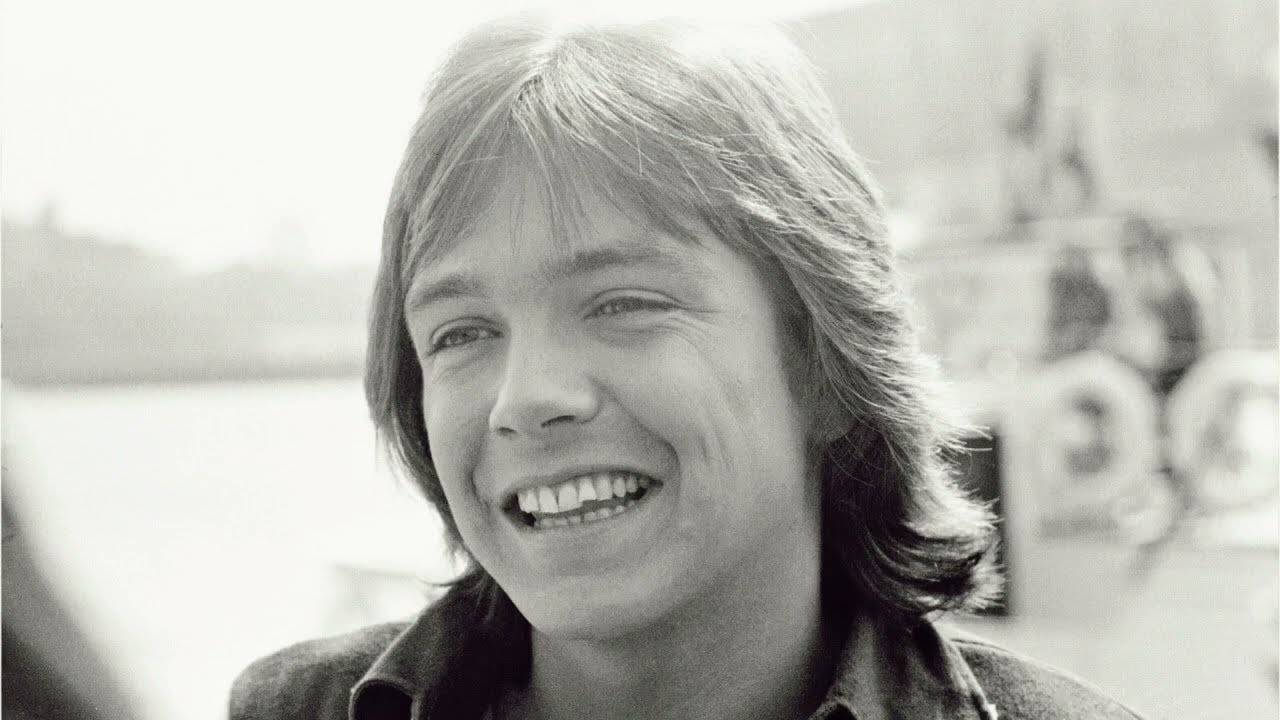
A Tender Testament to Idealized Love, Preserved in the Amber of Early ’70s Pop
When David Cassidy released “Cherish” as his debut solo single in 1971, it immediately signaled that the teen idol of The Partridge Family was reaching for something more enduring than television stardom. Drawn from the album Cherish, the song climbed to the top five of the UK Singles Chart and broke into the Top 10 in several international markets, establishing Cassidy as a bona fide pop phenomenon beyond the confines of sitcom fame. Its success also reaffirmed the timeless appeal of a melody first made famous by The Association in 1966—yet this version, burnished by Cassidy’s youthful sincerity and lush early ’70s production, carried a different emotional hue: one steeped not in California sunshine but in bittersweet nostalgia.
At its heart, “Cherish” is a meditation on love unfulfilled—a yearning so pure it transcends circumstance. Cassidy approached the song not as a cover but as a confession, shaping every phrase with disarming vulnerability. His voice, still tinged with boyish brightness, conveys both devotion and distance, as though he’s singing to someone already half-vanished from reach. Producer Wes Farrell surrounded him with delicate orchestration—silken strings, gentle guitar figures, and an almost reverential tempo—that allowed his performance to breathe. The result is less a pop single than an intimate prayer captured on vinyl, one that transforms longing into ritual.
What distinguishes Cassidy’s interpretation is its emotional restraint. Where The Association’s original radiated communal harmony and baroque-pop complexity, Cassidy’s version strips the sentiment to its bare essence: one person holding fast to an emotion that cannot be reciprocated in kind. In doing so, he tapped directly into the teenage melancholy that underpinned much of early ’70s pop culture—the same wistfulness that echoed through Carpenters ballads and Bread’s soft-rock reveries. Yet his delivery carried an additional poignancy because it arrived at a moment when Cassidy himself was navigating the paradox of mass adoration and private isolation. To millions, he was a fantasy; within “Cherish,” he sounded like a young man trying to reclaim authenticity from the machinery of fame.
Half a century later, this recording still glows with that strange combination of innocence and ache. The remastered editions have only sharpened its atmosphere—the warmth of analog strings, the breath between syllables, the faint sense of space surrounding his voice like candlelight around glass. Listening now feels like opening an old locket: within it lies not just a song but an emotional snapshot of an era when pop music dared to be unabashedly sentimental. “Cherish” endures because it understands that love, even unreturned, can sanctify memory—and because David Cassidy sang it as if memory itself were something worth loving.